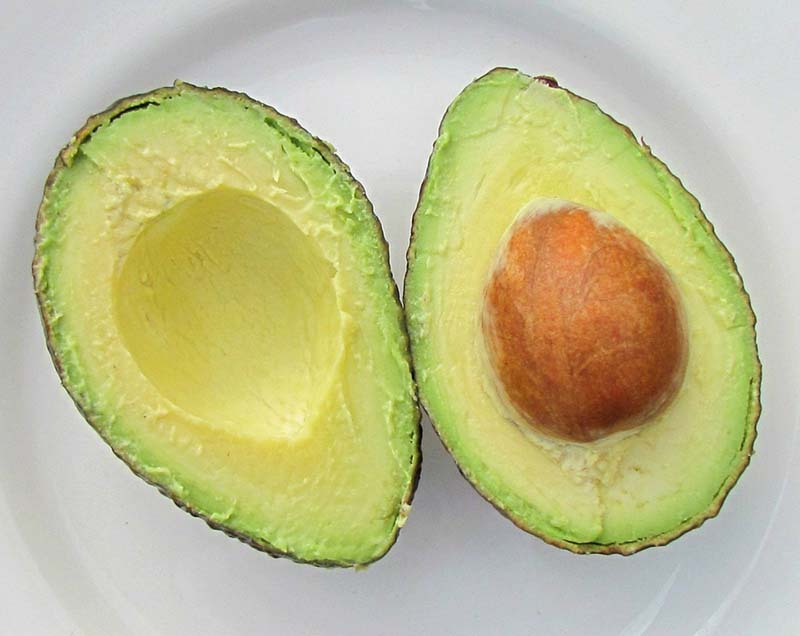Follow This Weight-Loss Timeline to a Tee for Results That Stick
A small study from the University of Copenhagen showed that if you can maintain your weight loss for one year, your body may stop ramping up the hunger hormones that typically make the pounds return. Past research indicates that those ravenous chemicals persist after you drop fat, though, so more investigating needs to be done.
But this got us thinking: What are the other crucial checkpoints to pass in your weight-loss journey?
Day 1
To lean out for life, set a realistic goal. "You can see great improvements in health by losing between 5 and 15 percent of your body weight, and you're more likely to keep those pounds off," says Donna Ryan, an obesity researcher at Pennington Biomedical Research Center.
RELATED: Is This the Reason You Can't Lose Those Last 5 Pounds?
5 weeks
Ghrelin, a hormone that revs appetite, begins to spike after you start cutting cals, making it hard to stick to your plan. Stay satiated by "keeping low-calorie foods around, like vegetables and fruits, to snack on when your stomach growls," says Robert Kushner, M.D., an obesity specialist at Northwestern University.
6 months
Bored with eating the same dang foods over and over again? Yeah, it's bound to happen now. Mix up your meals (by, say, adding back brown rice to lunch if you've been low-carbing)—the wiggle room will make you less likely to bail, says Kushner. (Get after your weight-loss goals with Women's Health's Body Clock Diet. )
RELATED: Why Your Brain Doesn't Want You to Keep Weight Off—and How to Fight It
9 months
By this point, you're probably settling at a manageable weight. Shift your focus from cutting food calories (tough to do forever) to burning the calories you consume by upping exercise. "Aim for an hour a day of moderate activity, six days a week, to keep weight off long-term," says Ryan.
This article was originally published in the July/August 2016 issue of Women's Health, on newsstands now.
-
WHAT TO EAT TO LOSE WEIGHT? 20 FOODS THAT HELP YOU LOSE WEIGHT
What to eat to lose weight? 20 Foods that help you lose weight
-
10 Habits of unsuccessful dieters
-
The Exercise and Eating Plan I Used to Lose More Than 200 Pounds
Before: 388 After: 173 The Lifestyle Growing up, food was my friend.
-
5 Common excuses for ditching the diet
-
Tight, Toned Tummy Tips: Can you really shrink your stomach?
-
How to eat less in front of the TV
- DON'T MISS
- Simple way to stop eating after dinner
- Be careful of light products
- Walk before you eat
- How many calories are in your drink?
- Simple swop for weight loss
- Low-fat movie night snacks
- 5 Setbacks that hinder healthy results
- 50 Healthy Almond Butter Hacks That Are a Party in Your Mouth
- Are You in a Toxic Relationship with Your Fitness or Weight-Loss Tracker?
- Nutritionists Share the 9 Most Common Weight-Loss Mistakes Their Clients Make




